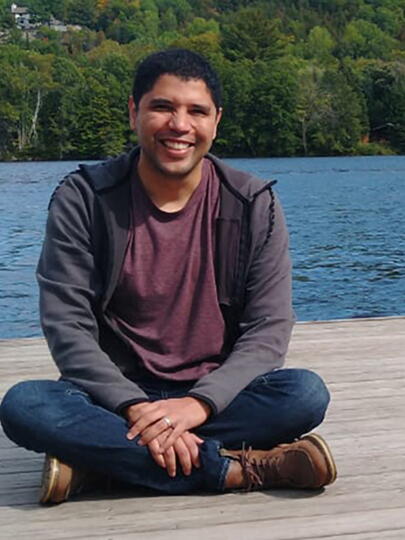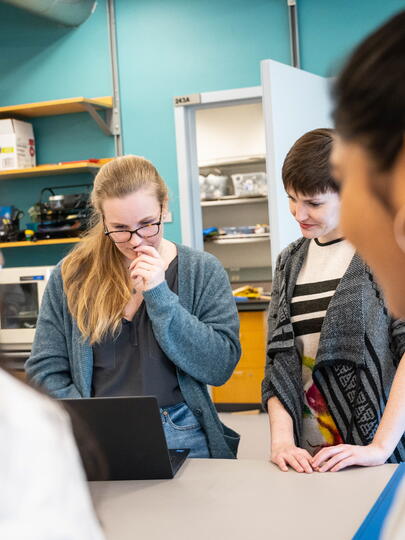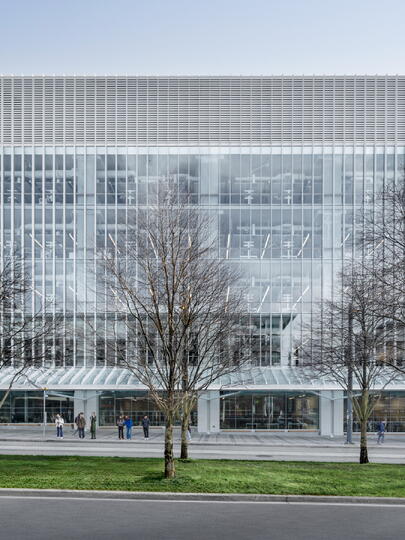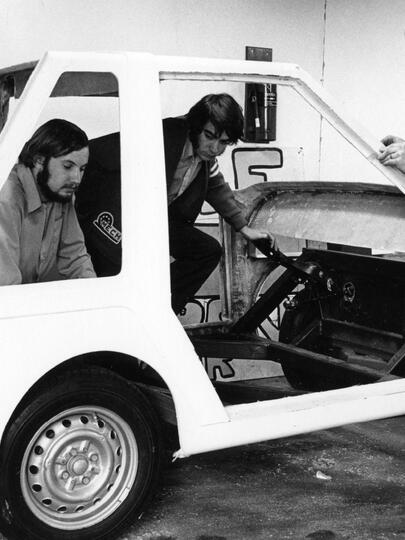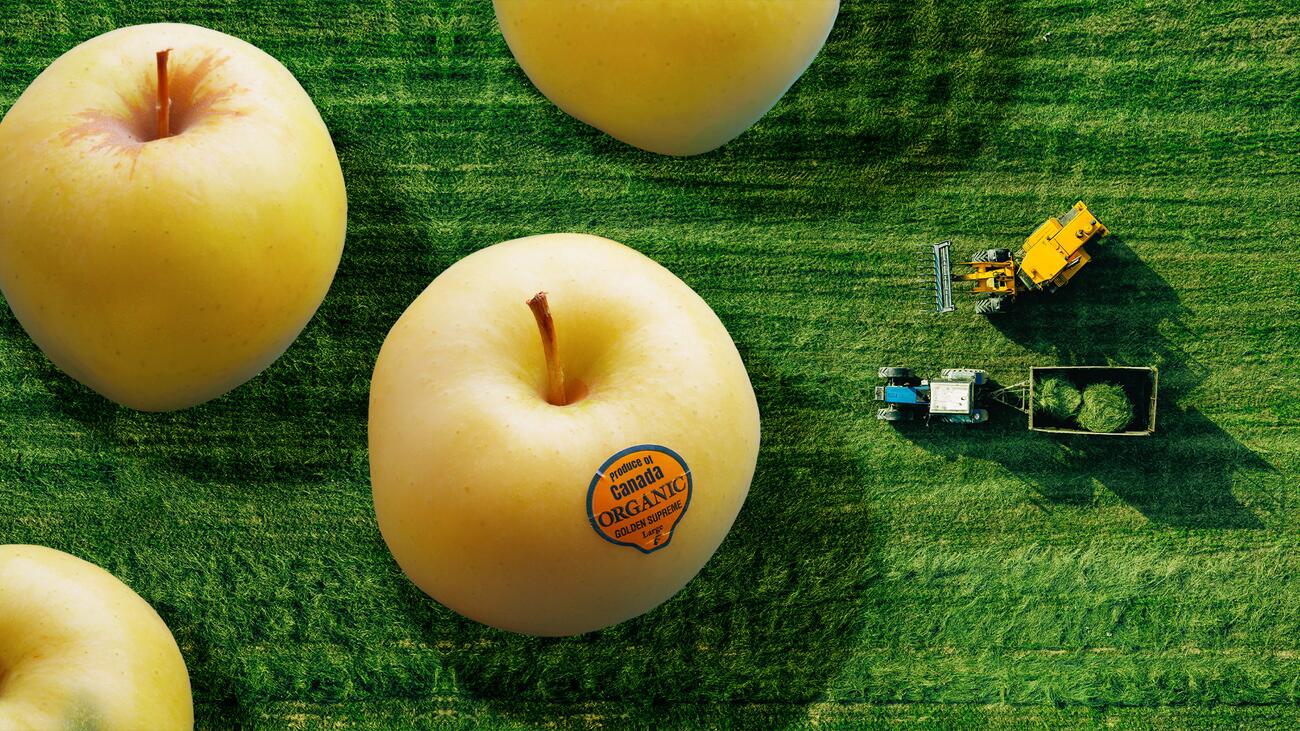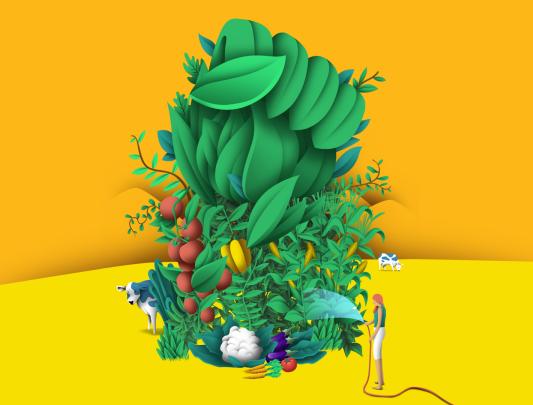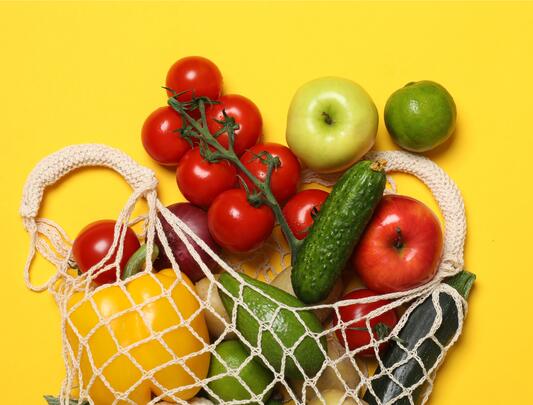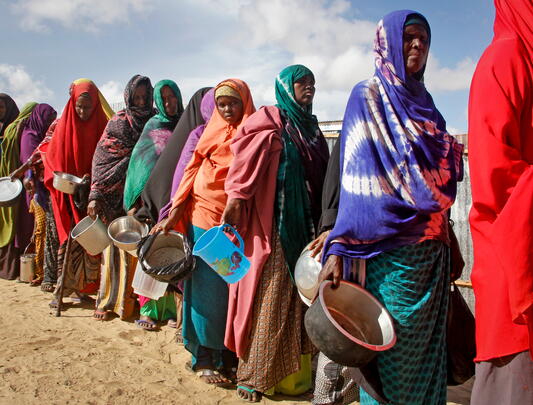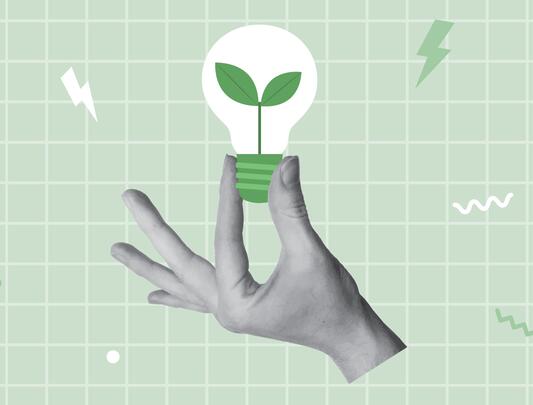Fortifying the future of food
Learn how UBC is improving sustainable agriculture, reducing food waste, and using its campuses to test-run food system solutions.
Did you know that the global population is expected to approach 10 billion by the year 2050? This projected growth has significant ramifications and poses a particularly pressing question: how, exactly, will we feed this many people?
The challenge doesn’t stop at putting food on 10 billion plates. Agriculture is the third largest emitter of greenhouse gases, so how do we ramp up production without exacerbating our environmental impact?
Countless members of the UBC community are dedicated to finding solutions. Among them is Dr. Navin Ramankutty, Director of UBC’s Institute for Resources, Environment and Sustainability. His team investigates how we can change food production and consumption to sustainably feed a growing population.
Watch the short video below to hear Ramankutty talk about this critical research.
If we want to increase food production by 70 per cent, especially if we are relying on smaller, more sustainable farms, efficiency is key. That means cutting the amount of food we waste.
That number is staggering — but there is a lot we can do to reduce it.
Dr. Anubhav Pratap-Singh, Director of the Food and Beverage Innovation Centre at UBC, is investigating packaging solutions to cut the amount of food that is lost before it reaches the consumer.
Learn why packaging matters so much — and how Pratap-Singh is utilizing food waste to create a biodegradable packaging material — by watching the following two-minute video.
As both Pratap-Singh and Ramankutty mention, not only is it important to make food production more sustainable, it’s also vital that we as consumers reduce our food waste and make more environmentally-friendly choices.
That’s where the wider UBC community comes in.
In addition to traditional research in wet labs, UBC’s campuses serve as “living labs” where students and faculty can pilot sustainable solutions. John Madden, Director of Sustainability and Engineering at UBC, is optimistic about the impact these efforts can have beyond UBC.
Madden shares some of the pilot projects taking place on UBC's campuses in this video.
The research projects led by Ramankutty, Pratap-Singh, and Madden are just three examples of how the UBC community is working to build more sustainable food systems. To future-proof a multi-faceted system so integral to our lives, the solution will need to come from many angles — from mitigating the environmental impact of farming to revitalizing Indigenous food systems to making food more affordable by fortifying the supply chain. It’s a community effort, and the UBC community is rising to the challenge.







